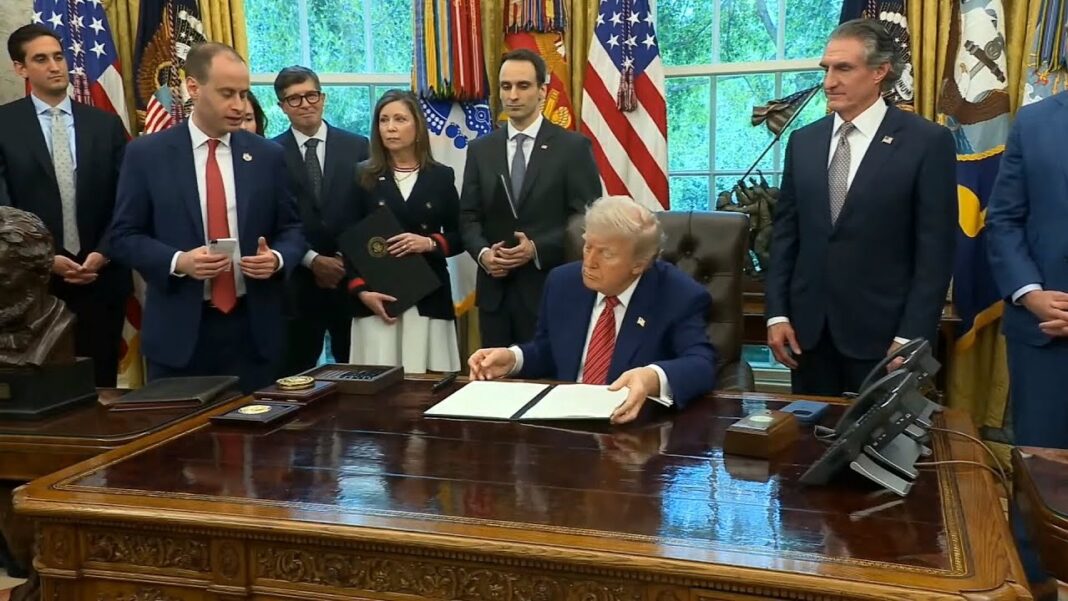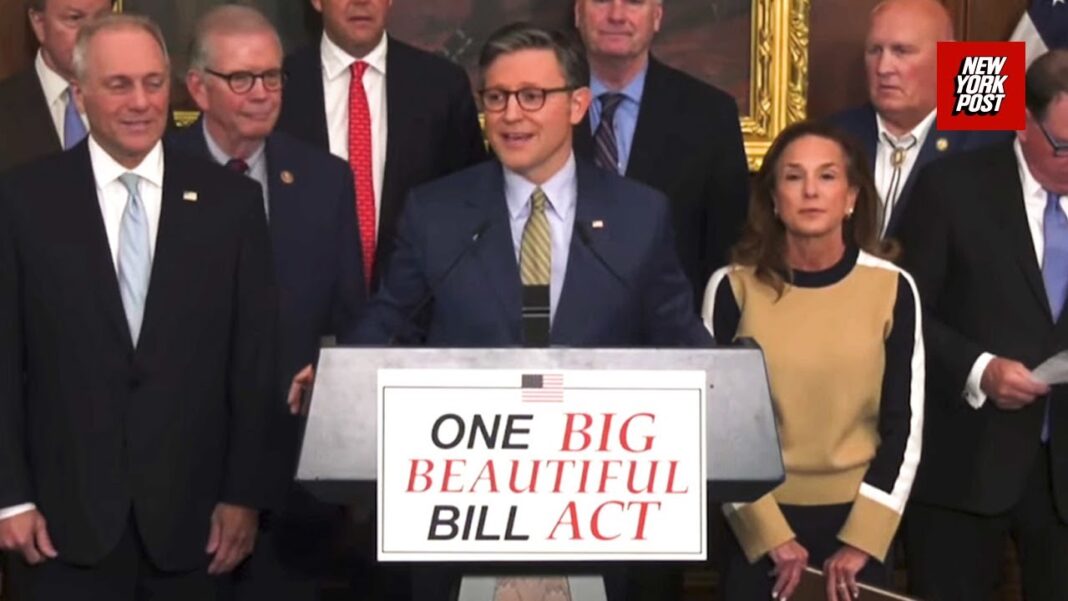President Ronald Reagan was a masterful orator, and his Memorial Day speeches stand out as some of his most moving and inspiring addresses.
This video compiles some of the most memorable moments from President Reagan’s Memorial Day speeches over the years.
From poignant reflections on the sacrifices of our fallen heroes to stirring calls to action for a more peaceful world, President Reagan’s words continue to resonate today.
Join us for a powerful tribute to one of America’s greatest presidents and his enduring legacy of patriotism and service.
Transcript
President Ronald Reagan: On Memorial Day, we pause to remember those members of our armed forces who have preserved our liberty and our freedom by making the supreme sacrifice. While we Americans traditionally celebrate this day with picnics and parades. And while we think of this day as the unofficial beginning of summer, we know it is also a time of somber but inspiring memories.
Memories of so many courageous Americans who are wearing our country’s uniform, fought and died so that we could enjoy the blessings of this day, so that we could live in peace and freedom. Today we pay solemn tribute to our fallen countrymen. We know we can never give them as much as they gave us. But we also know that our generation and succeeding generations can, by keeping the flame of freedom burning brightly, ensure that they did not die in vain.
As we observe this Memorial Day by remembering our fallen patriots, let us also remember that preserving the peace and preventing war means keeping our armed forces as strong and ready as they are today. Let us honor the memory of those who gave their last full measure of devotion. By rededicating ourselves to what they died for, for a strong America, ror the cause of freedom.
President Ronald Reagan: The willingness of some to give their lives so that others might live never fails to evoke in us a sense of wonder and mystery. One gets that feeling here on this hallowed ground. And I have known that same poignant feeling as I looked out across the rows of white crosses and Stars of David in Europe, in the Philippines and the military cemeteries here in our own land.
Each one marks the resting place of an American hero. And in my lifetime, the heroes of World War I, the doughboys, the GIs of World War II, or Korea or Vietnam, they spanned several generations of young Americans, all different and yet all alike. Like the markers above their resting places, all alike in a truly meaningful way. Winston Churchill said of those he knew in World War II, they seem to be the only young men who could laugh and fight at the same time.
A great general in that war called them our secret weapon. Just the best darn kids in the world. Each died for a cause he considered more important than his own life. Well, they didn’t volunteer to die. They volunteered to defend values for which men have always been willing to die if need be. The values which make up what we call civilization.
President Ronald Reagan: Not far from here is the statue of the three servicemen, the three fighting boys of Vietnam. It too has majesty and more. Perhaps you’ve seen it. Three rough boys walking together, looking ahead with a steady gaze. There’s something wounded about them. A kind of resigned toughness. But there’s an unexpected tenderness too. At first you don’t really notice, but then you see it. The three are touching each other as if they’re supporting each other, helping each other on.
I know that many veterans of Vietnam will gather today, some of them perhaps by the wall. And they’re still helping each other on. They were quite a group, the boys of Vietnam. Boys who fought a terrible and vicious war without enough support from home. Boys who were dodging bullets while we debated the efficacy of the battle.
It was often our poor who fought in that war, the unhampered boys of the working class who picked up the rifles and went on the march. They learned not to rely on us. They learned to rely on each other. They were special in another way. They chose to be faithful. They chose to reject the fashionable skepticism of their time. They chose to believe and answer the call of duty.
President Ronald Reagan: And then there was this newspaper account that appeared after the ceremonies. I’d like to read it to you.
Yesterday, crowds returned to the memorial. Among them was Herbie Pettit, a machinist and former marine from New Orleans. Last night, he said, standing near the wall I went out to dinner with some other Marines. There was also a group of college students in the restaurant. We started talking to each other, and before we left, they stood up and cheered us. The whole week, Pettit said, his eyes red, it was worth it just for that. It has been worth it.
We Americans have learned to listen to each other and to trust each other again. We’ve learned that government owes the people an explanation and needs their support for its actions at home and abroad. And we have learned, and I pray, this time for good, the most valuable lesson of all, the preciousness of human freedom.
President Ronald Reagan: The debt we owe to those who have left home and family to serve this cause is beyond measure, but our greatest debt of all is to those who fell in battle. Their ranks are legion. The stories of their heroism, countless, many of them, lie beneath the soil of distant lands, and many here at home. Their final bivouac may be a well-kept cemetery, or an unknown, unmarked field, or lane or shore. The glory guides each one will. These heroes who fought with all but faith and valor free men can muster.
Oliver Wendell Holmes expressed a fitting thought when he said, at the grave of a hero we end not with sorrow at the inevitable loss, but with the contagion of his courage.
I join all of you who proudly share that spirit in your own service to our nation, as you pay tribute to these brave Americans. May we always walk in the light of their memory, the light of liberty which shines from age to age and still illumines the way forward.
God bless you and God bless America.







